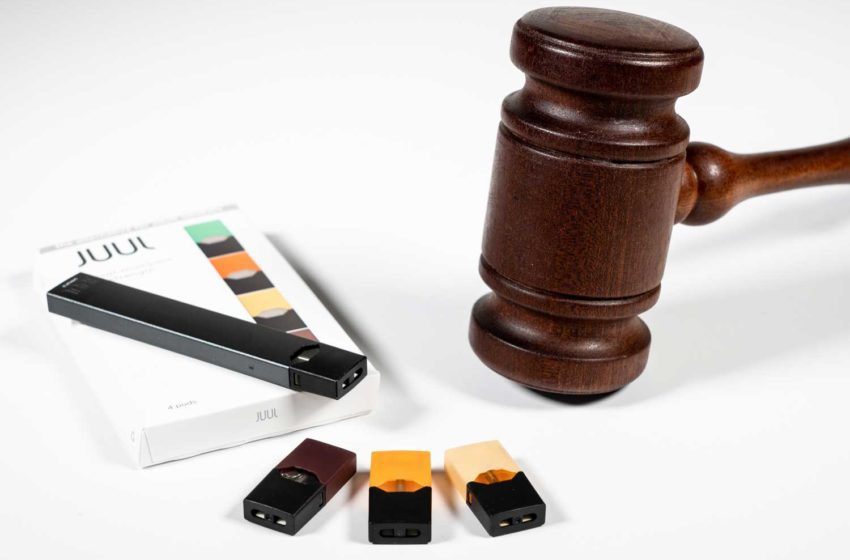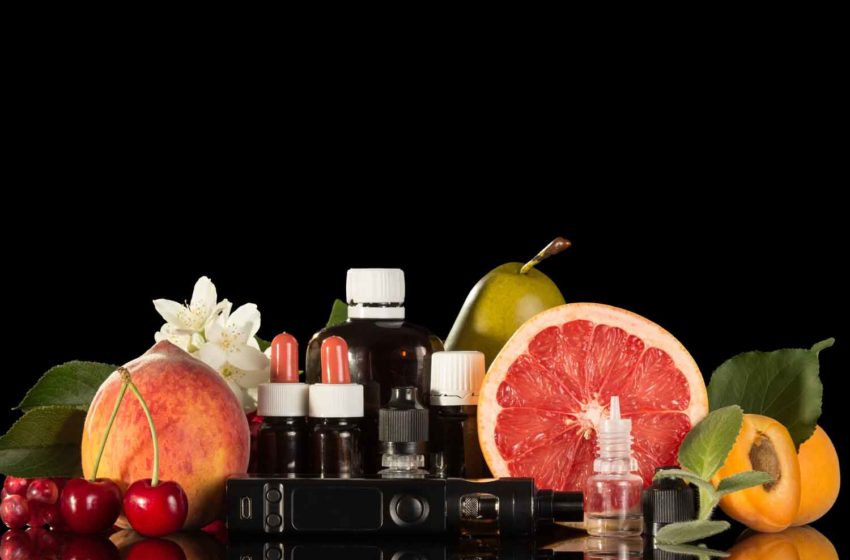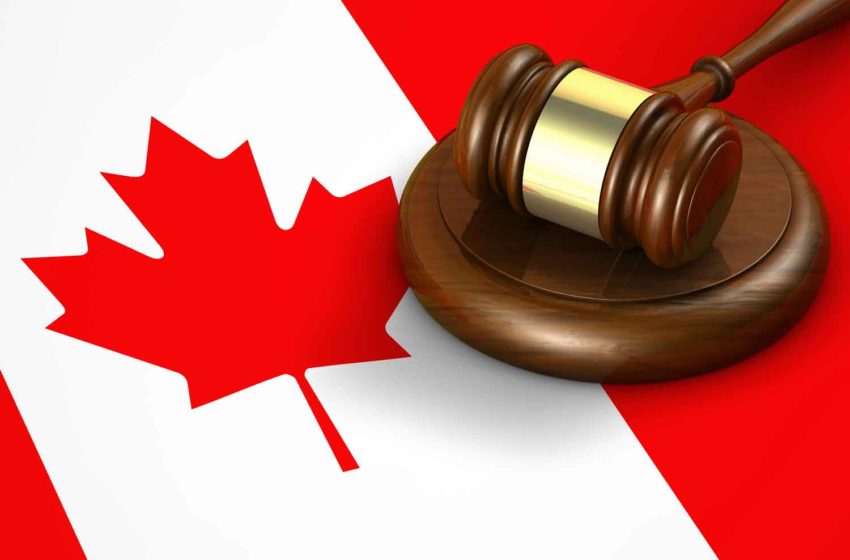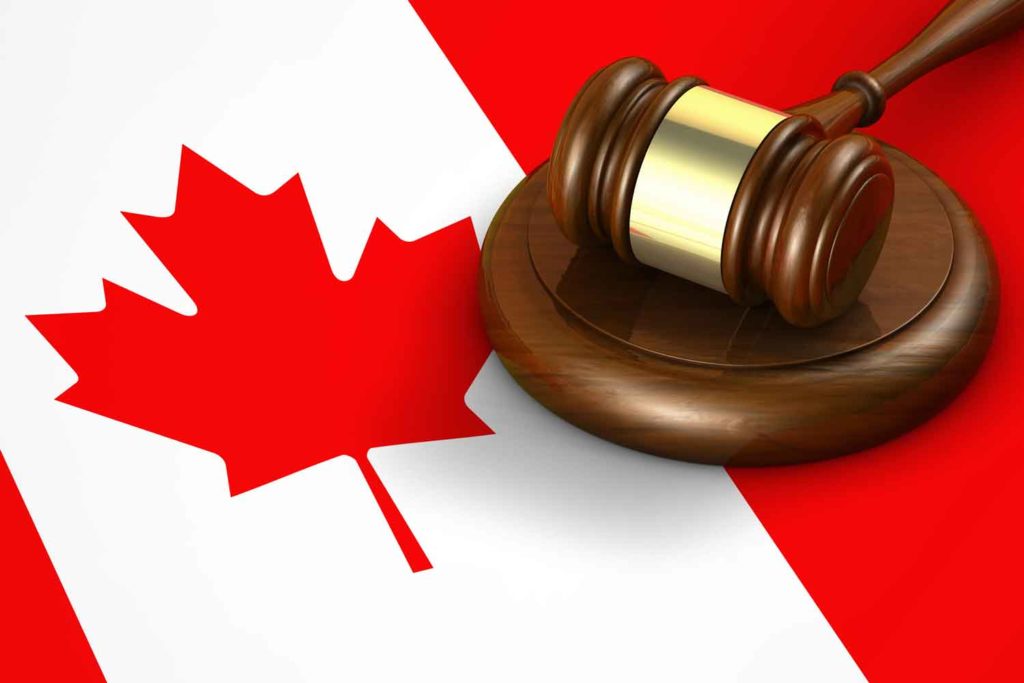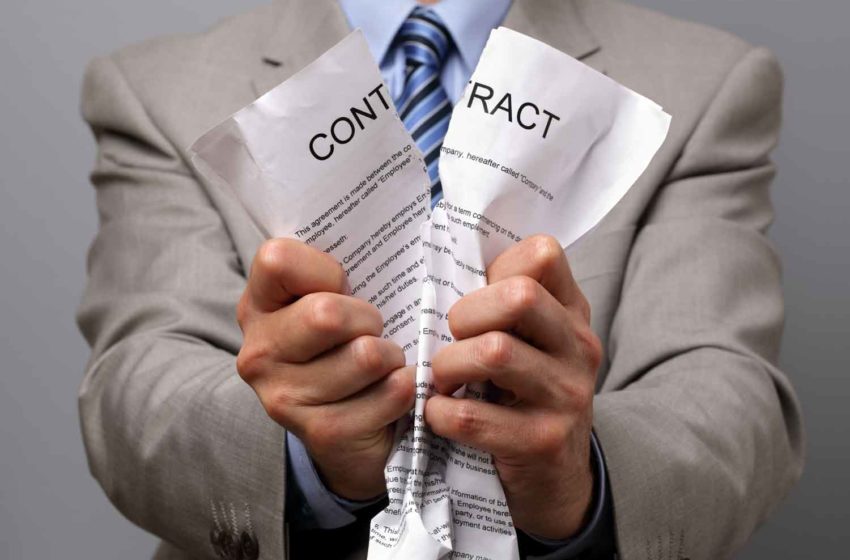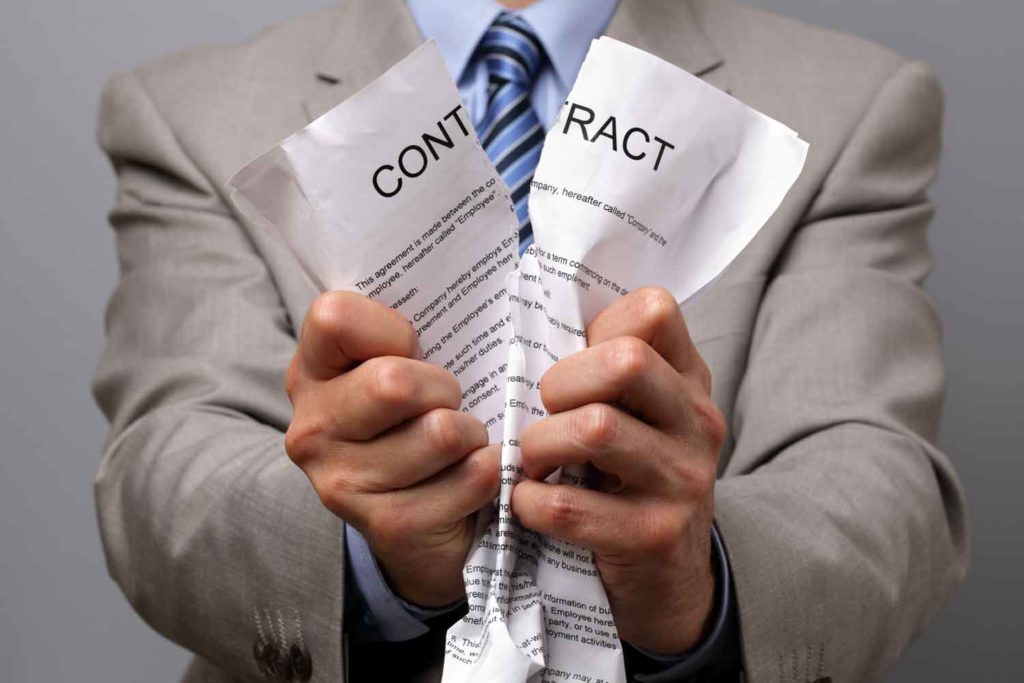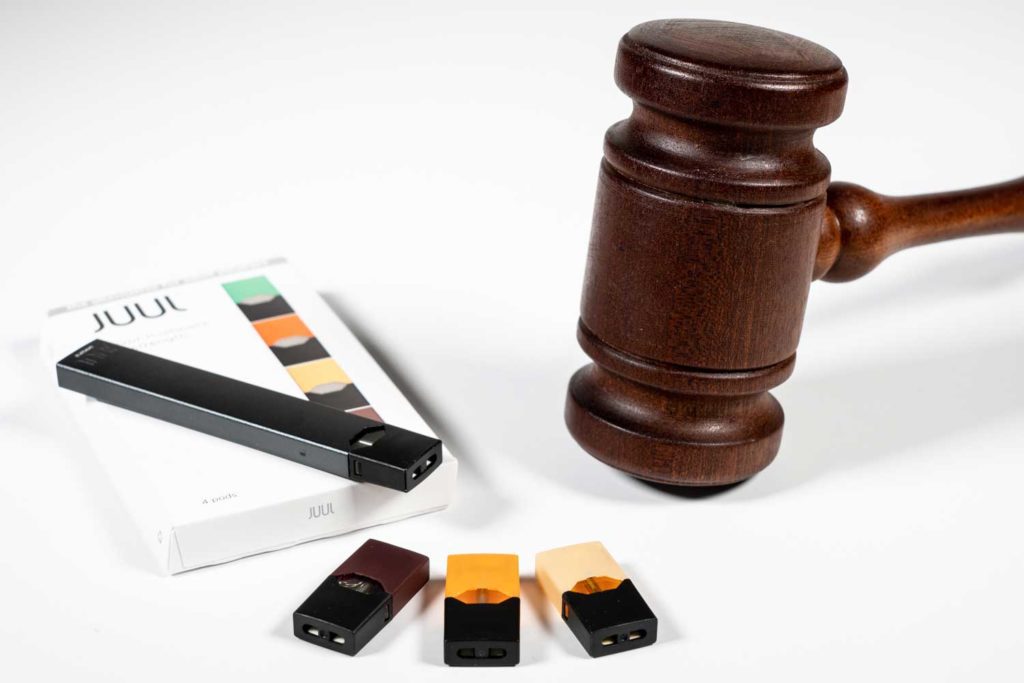
Juul Labs has settled more than 5,000 lawsuits covering more than 10,000 individual plaintiffs, reports The Wall Street Journal. The deal resolves much of the legal uncertainty that had driven the company close to bankruptcy.
Juul announced on Dec. 6 that it has secured an investment to cover the cost of the settlement. The company has been in talks with two early investors to fund a bailout that would cover legal liabilities.
According to Juul CEO K.C. Crosthwaite, the settlement addresses the vast majority of outstanding litigation facing the company, including two pending bellwether trials that were set to go to court early next year and four broad groups: personal injury plaintiffs, Juul consumers, government entities such as school districts and Native American tribes. Lawsuits brought by several attorneys general are pending.
A pioneer in the vaping business, Juul Labs has gone from dominating the U.S. e-cigarette market to fighting for its survival in a relatively short time.
Following its initial success, the company quickly came under regulatory scrutiny over its marketing practices. Critics blame Juul Labs for contributing to an “epidemic” of underage vaping.
Thousands of lawsuits have been filed against Juul over the past several years, alleging that the company marketed its e-cigarettes to children. Juul has said it never marketed to underage users.
In September, Juul Labs agreed to pay nearly $440 million to settle a two-year investigation by 33 U.S. states into the marketing of its vaping products.
Juul’s e-cigarettes were briefly banned in the U.S. in late June after the Food and Drug Administration concluded that the company had failed to show that the sale of its products would be appropriate for public health. But following an appeal, the health regulator put the ban on hold and agreed to an additional review of Juul’s marketing application.
In October, Juul published the details of its marketing denial order appeal. In late September, Juul shareholder Altria Group exercised the option to be released from its noncompete deal with the e-cigarette maker.

